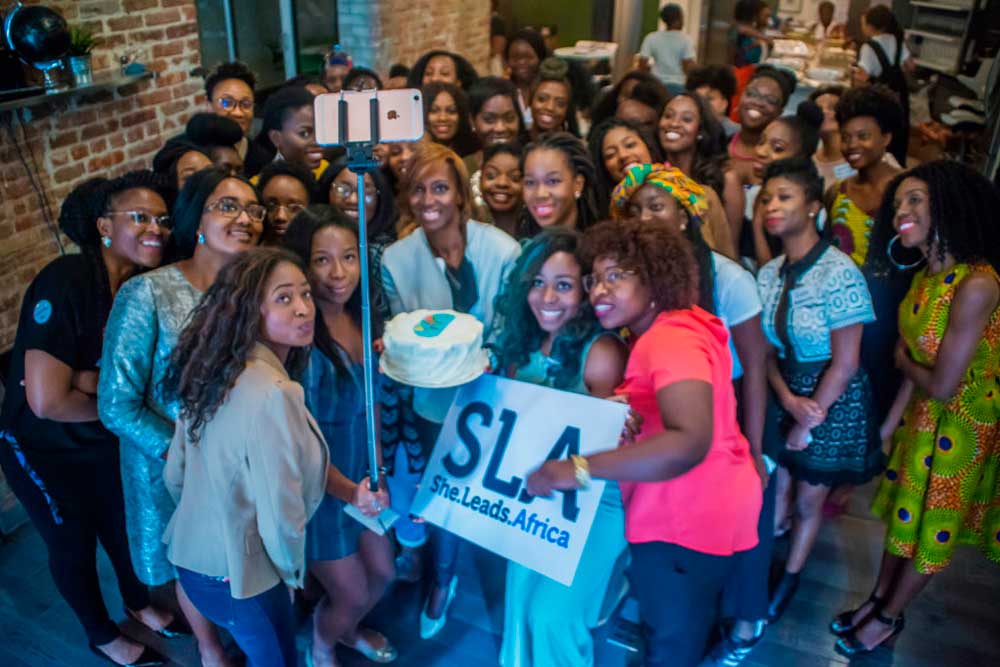
How to be the best mentor you can be
If you look back at the people who have had a great effect in your life, you will realize that you had a mentor, whether on a formal or informal basis.
As we celebrate Mentorship month this January, I want to share some ideas about how to be the best mentor you can be. At various times in my life, I have been both mentor and mentee, so I would like to recount some of my experiences with you, as well as give you a good idea of what a mentor is.
A mentor is defined as an experienced and trusted advisor – a friend or trusted colleague who guides a less experienced person by building trust and modeling positive behaviors. An effective mentor understands that his or her role is to be dependable, engaged, authentic, and tuned into the needs of the mentee.
The origin of the word “mentor” is interesting. Mentor was a Greek mythical character. He was a loyal friend and adviser to Odysseus, king of Ithaca, and he helped raise Odysseus’ son, Telemachus, while Odysseus was away fighting the Trojan War. Mentor became Telemachus’ teacher, coach, counselor and protector, building a relationship based on affection and trust.
Throughout our career paths, haven’t we all we known a person who, even for a short time, acted as a mentor, providing guidance or clarity? Mentors sometimes appear in our lives at a very early age in the form of teachers!
When I was 12 years old and in 7th grade, I had a literature teacher named Blanca. I loved literature, writing and reading, but I was very naughty, always disrupting the class with my funny stories. Every week, Blanca made us write a story that we were to read aloud in front of the class. She always left my stories for last, because they were imaginative and funny, and they entertained her and the whole class! She taught at my school for only a year, but when she said goodbye, she wrote in my schoolbook, “Never stop writing”. I consider Blanca my first mentor, because I have kept a journal ever since that time. Doing so has probably has been the most therapeutic thing that I have done in my life to maintain sanity. I regret that I didn’t follow her advice to continue writing for fun (maybe one day I will). In any case, I wish I could find her now to thank her, because she affected my life so positively!
I began working during a time in which women were not supposed to be friends and support each other at work. This was something people spoke about then in the late 90s and early 2000s, but it wasn’t true for me!
I found excellent women and men who mentored me!
At my first real job at IVEX, I had the toughest mentor. Her name was Eva Blasco, and without her, I wouldn’t be the person I am today. She was my boss, and her level of commitment and discipline and the way she attended to all of the little details taught me a great deal. I advanced in my career because she demanded excellence from me.
Another person who was essential in my career growth, although I didn’t give her enough public credit, was my predecessor at The Spain-US Chamber of Commerce, Lidia del Pozo. She was one of the most brilliant women I have ever met, and she was the person who helped me to move into another level in management and in the executive world. Until this day, I remember some of her wise advice and the lessons she gave me to help me navigate the rough waters of politics in the corporate and institutional world.
During my tenure at the Chamber, three men served as my dearest mentors and guided me in decision-making. Through our many fruitful conversations, I learned a lot about human behavior, management, power struggles, etc. One of these men was my boss. He was the best boss I ever had in my life, and the last one, because after I worked with him, I could only have one boss – myself.
When I was trying to decide what to do with my life after leaving the corporate world for good, two people served as my mentors at the time: my longtime friend and former secretary, Maria Padilla, and my wonderful husband, Ulrich Schulte. Their mentorship was true medicine!
After I made the decision to fly solo as an entrepreneur, young entrepreneurs who were ahead of me were able to bring light and encouragement to me. When Bisila Bokoko Brand and BBES were established and up and running, I hit several stumbling blocks along the way. It is during times of difficulty that mentorship becomes important as a therapy. With every leap you make, you need someone who will hold your hand to give you a softer landing to the next destination! For that, I had my brand manager and sister, Sissi Johnson, and I also looked for professional mentors who provided me with an invaluable service. It is an investment that I would make over and over again!
Today, I am the official mentor for the City of New York, the Cherie Blair Foundation, and Global Thinkers Forum, and I also mentor amazing human beings for who I am honored to provide guidance in their professional and personal development, through my work around the world and some adopted children in the fashion of the Greek figure Mentor.
A mentor doesn’t have to be someone at work; it can be a friend, a family member, or even someone you meet briefly. It can be someone who has been instrumental for your growth in any aspect of your life. At some time in your life, you will certainly play the role of a mentor for someone, and it can be very exciting indeed, because you also learn a lot from that process. One thing I have come to realize is that the mentor-mentee relationship benefits both parts equally.
Below I have listed three types of mentors:
Peer Mentoring: Individuals in similar positions providing support, empathy and advice.
Career Mentor: Career mentors are senior to their mentees at the same company or at a former company. Additionally, this kind of mentorship can be provided through structured programs within the company. It entails mentoring for a specific purpose/skill.
Life Mentor: this is normally someone who is not at the mentee’s workplace and provides guidance when the mentee faces challenges in their professional or personal life.
It is important to be the best mentor you can be. Below are some of the ways you can do this:
Understand the mentee’s expectations and that it is a joint effort that requires open communication between mentor and mentee.
It is important that the mentor be genuinely interested in the mentee. The relationship becomes intimate; therefore, the mentor needs to care for the mentee.
Listening is key, and so is listening between the lines.
Sometimes the mentee is confused and you need to listen carefully to determine what exactly your mentee wants, so you can help him or her to gain clarity.
Emotional intelligence plays a big part in helping the mentee, because you need to help the mentee to get in touch with his or her emotions and manage your own vulnerability.
To be honest and transparent and always address the issues from a place of love, compassion and truth.
Celebrate every little progress that the mentee makes!
To be an example, you must have relevant expertise and knowledge.
To be enthusiastic and willing to share, to be generous, and to give more than you are asked for.
Act as a sponsor, too. While a mentor is someone who can guide you with advice and support, a sponsor is an ally who takes it one step further by being someone “who is actively advocating for you…both behind closed doors and publicly.”
You need to Let Them Make Their Own Decisions and allow them to do their own thinking through challenges to derive solutions.
The bottom line is that, to get to our desired destination, it is better to rely on someone you trust, someone who can save you time, effort and suffering because they have walked the walk already. Good mentor-mentee relationships are a two-way street; consequently, if you want a good relationship with your mentor, become a good mentee. This means you must do your part.

